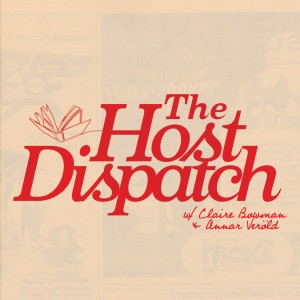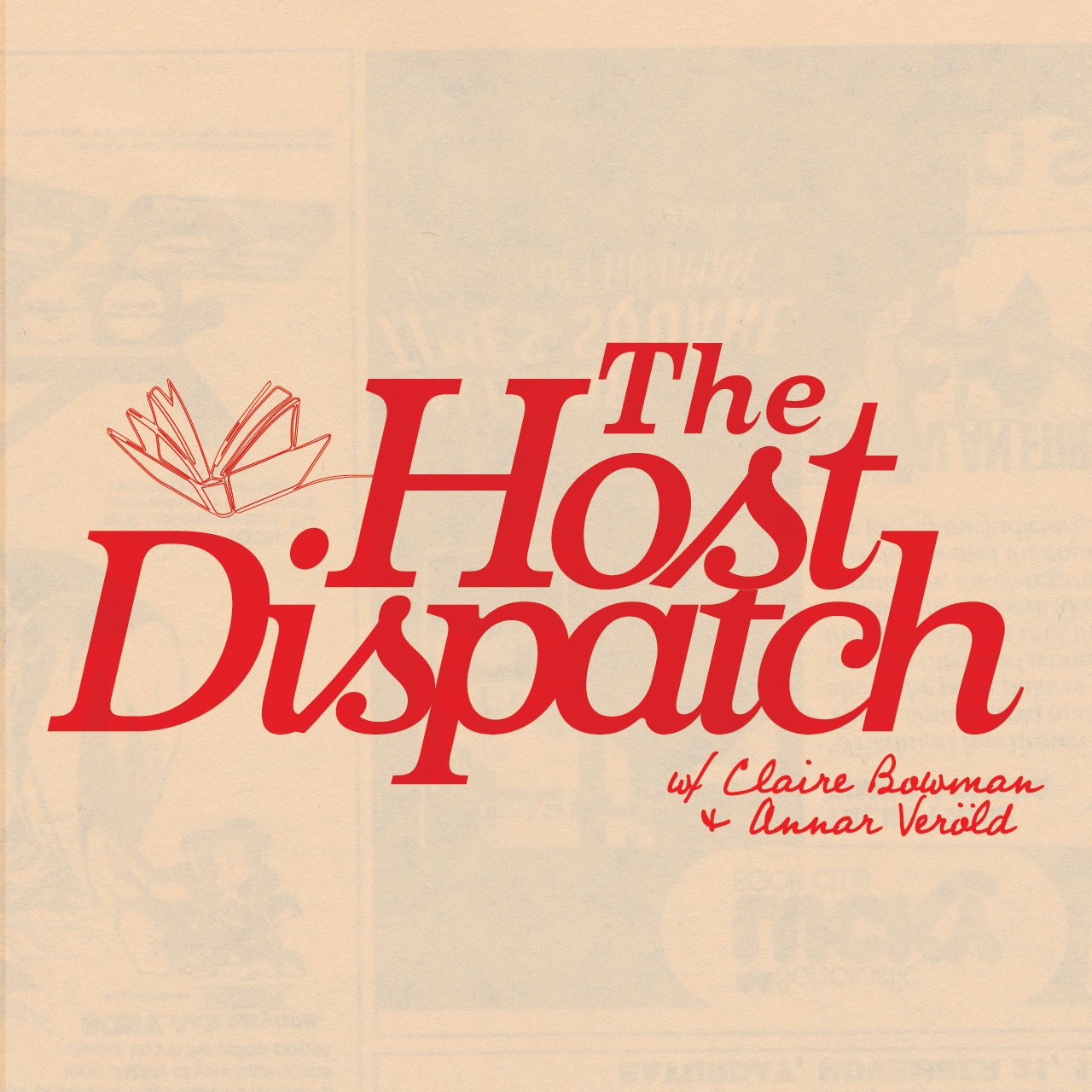Episodes

Monday Feb 15, 2021
Celebrating Black History Month
Monday Feb 15, 2021
Monday Feb 15, 2021
In this episode, we celebrate Black History Month with a reading and discussion of the anthology African American Poetry: 250 Years of Struggle and Song edited by Kevin Young, Poetry Editor of The New Yorker.
This incredible anthology is described as "A literary landmark: the biggest, most ambitious anthology of Black poetry ever published, gathering 250 poets from the colonial period to the present," and in it we found familiar voices that we know and love, as well as new poets, and some whose work is hard to find or long out of print. This is a perfect start to reading African American poetry, and we highly recommend getting yourself a copy!
Though there are so many great poets in this anthology, here are those we highlighted in this episode:
For further listening, we recommend a recent episode of The New Yorker Poetry podcast called "Radical Imagination: Tracy K. Smith, Marilyn Nelson and Terrance Hayes on Poetry in Our Times"
We also recommend two AWP events, for which poets we highlighted in this episode will be panelists:
Sunday, March 7th 1:30-2:30pm Central Time
Sn119. Poem About My Rights: June Jordan Speaks, Sponsored by Copper Canyon Press.
(Michael Wiegers, Rio Cortez, Jericho Brown, Monica Sok)
“I am not wrong: Wrong is not my name / My name is my own my own my own.” A panel of poets and editors will read and discuss iconic works by June Jordan, including the electric, revolutionary “Poem About My Rights.” In her too-short career, Jordan boldly, lyrically, and overtly called out the harms caused by anti-Black police violence, sexual abuse, and heterosexism, lighting a way forward for other writers. Each poet will offer one poem of their own to honor Jordan’s literary influence.
Wednesday March 3rd, 3:00-4:00pm Central Time
W136. The Futures of Documentary and Investigative Poetries.
(Solmaz Sharif, Erika Meitner, Tyehimba Jess, Philip Metres, Layli Long Soldier)
Investigative or documentary poetry situates itself at the nexus between literary production and journalism, where the mythic and factual, the visionary and political, and past and future all meet. From doing recovery projects to performing rituals of healing to inventing forms, panelists will share work (their own and others') and discuss challenges in docupoetic writing and its futures: the ethics of positionality, appropriation, fictionalizing, collaboration, and political engagement.
Thank you for joining us in honoring the lives and writing of Black poets, past and present, and as always, thanks for listening!


No comments yet. Be the first to say something!